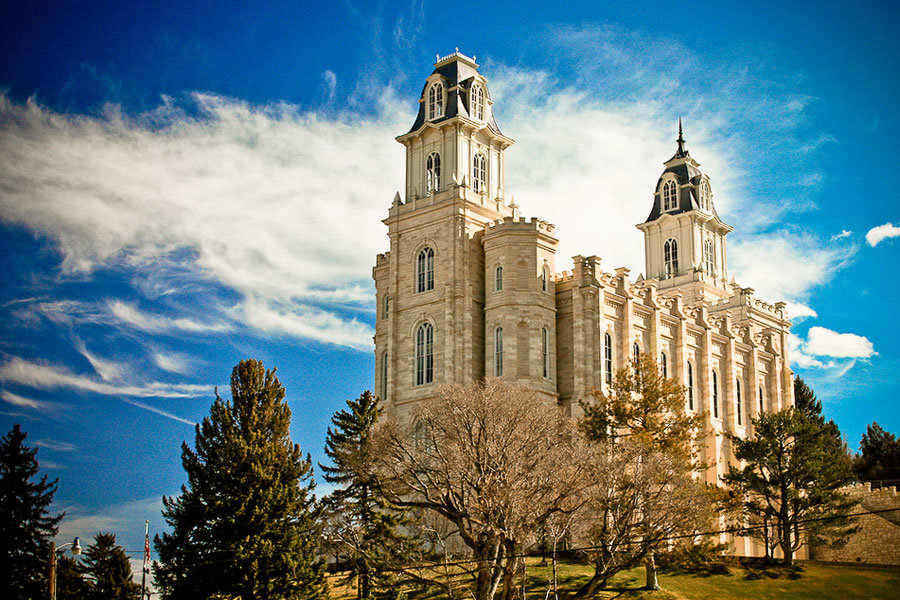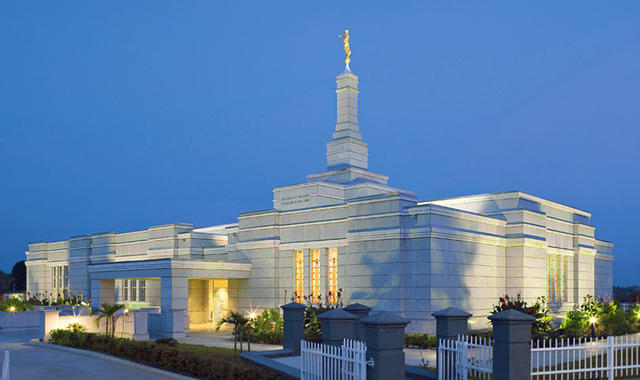Question
Gramps,
My husband and son passed away within 6 months of each other. My husband’s half-sister (same mother), is an avid LDS member. She wants to seal and baptize both in the LDS faith. I have enjoined her and the LDS from this act in perpetuity, by writing letters. What else can I do to prevent these acts from taking place? What assurance do I have that my requests will be followed?
Iris
Answer
Dear Iris,
I’m sorry to hear about your double loss and offer my condolences. You have some options available to you in preventing posthumous ordinance work for loved ones. I’ll get to that, but I’d like to help you understand where your half-sister-in-law is coming from and hopefully also acknowledge your grief and concern in this matter.
Honoring the Dead
The Church of Jesus Christ of Latter-day Saints teaches the immortality of the human soul and the precious gift of agency. Latter-day Saints take seriously the claim that an individual’s personhood continues even after death. A person still feels, thinks, hopes, wills, and desires. They still maintain friendships and recognize loved ones who have also passed on. And, through the power of Christ’s Atonement, they will one day be judged by Him and resurrected.
Latter-day Saints also take seriously the claim that God has given us agency whereby we may act out our feelings, thoughts, hopes, will, and desires. God honors a person’s choice to voluntarily enter His kingdom through baptism, or to refuse it. He also honors when a person changes their mind, reverses their position, and opts instead to deny their baptism or to finally receive it. As one of our hymns states, “God will force no man to heaven.”
Uniting these doctrines is the practice of baptism for the dead and other temple ordinances like sealing families together. If a person really believes that these ordinances have efficacy, they will naturally want to extend them to those they love. If there is no such offer you may begin to wonder whether they actually love their dead or if they really don’t believe these doctrines after all. It’s akin to Christians who believe in a literal hell and a requirement of true belief to escape it. They may witness to us imperfectly but we can see when it comes from a place of love (and may even worry about our relationship if that witnessing ever stops).
When your brother’s half-sister requests her desire to have your husband and son baptized she is expressing her love for them and wishes to honor them. She recognizes that your son and your husband still exist and have being, and that their bodies are only temporarily separated from them. She is also aware that they may not wish to be baptized into the Church of Jesus Christ of Latter-day Saints. Performing this ordinance extends the offer to the deceased, but it does not compel them to accept. It is a statement of her faith and love, and is not efficacious without your husband’s or your son’s faith — the current faith they now have today.
Honoring the Living
The Church recognizes that not everyone sees such things the way we do. We recognize the grief and mourning that comes with death. We recognize the desire to hold dear the memory of our departed dead as they were. We also recognize that we are not the only ones who love, mourn, and miss those who have passed on.
In the past, we have perhaps been too indiscriminate in honoring the dead without considering the feelings of their close relatives. Children of holocaust victims expressed “hurt” that loved ones were posthumously baptized Christians when they “were killed as Jews in Auschwitz.” In a spirit of reconciliation, the Church met with Jewish representatives and subsequently updated the databases and other software we use to track temple ordinances. Before requesting a proxy ordinance on someone who has died within living memory (110 years) the Latter-day Saint must affirm that they are close kin or have obtained permission from close kin. This policy continues to be reaffirmed every few years.
It is the frequent experience of many members of the Church who have participated in this work that they have grown closer to living relatives whom they would not have known otherwise. In learning about common ancestors they also discover common interests and experiences that they otherwise would not have known. And with relatives they already know they often learn more about the qualities, traits, and attributes that make their common dead so loved and well-remembered. This work can bring families members — even ones who believe differently — closer together.
Next Steps
I would encourage you to have more conversations with your husband’s half-sister. Ask her to explain to you why she wants to perform these ordinances and what it would mean to her. Take this opportunity to also explain to her why you do not want these ordinances performed. You should both seek understanding and the ability to explain the other’s motivations.
In addition to this, take the time to familiarize yourself with the Church’s policy for who qualifies as near-kin for ordinance approval.
Deceased persons who were age 8 or older at the time of their death may have proxy ordinances performed on their behalf. Except as noted in 28.3, proxy ordinances may be performed for all deceased persons as soon as 30 days have passed from their date of death if either of the following applies:
– A close relative of the deceased (undivorced spouse, adult child, parent, or sibling) submits the name for temple ordinances.
– Permission to perform the ordinances is received from a close relative of the deceased (undivorced spouse, adult child, parent, or sibling).
If neither of the above conditions applies, proxy temple ordinances may be performed 110 years after the deceased person was born.
If your son died single and childless then you are the living gatekeeper for his ordinances (if he was an only child — if he has a sibling then he or she can weigh in after reaching adulthood). Rather than hoping that this policy is followed, you can take a more active role by signing up for a FamilySearch account. You can try searching for your son’s name and death date to see if there’s already a record for him. If there isn’t, you may wish to add one so you can do the next step: under “Collaborate” add a note for other researchers to let them know that you are a close relative and you do not give your permission for the baptism to be performed. This note will also show up on the “Details” tab. You may want to ask your husband’s half-sister to help you navigate FamilySearch so you can do this.
For any additional steps that you can take, reach out to FamilySearch’s support team.
Now, I mentioned that for your son you are likely the sole near-kin. That is not the case for your husband. He has other family who also miss him and want to honor him. I hope for the sake of your husband’s memory and the love that his families have for him that you and his half-sister can come to an agreement on how to move forward.
Gramps







